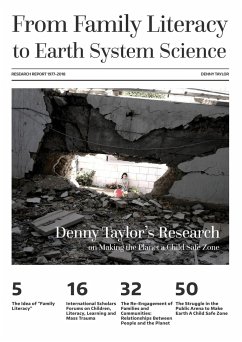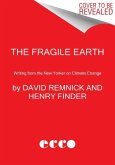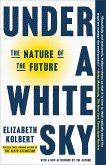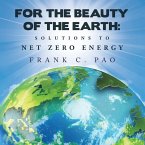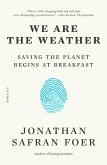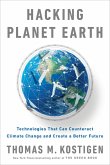Family literacy initiatives are ubiquitous in the U.S., Canada and many countries in Europe, and in many economically advantaged countries family literacy programs are available for refugees and economic migrants, especially mothers and children learning new languages and life skills so that they can survive and thrive in the new places that have become their home. Similarly, countries such as Afghanistan, Nepal, and Sub Saharan Africa offer village based family literacy programs, which seek to develop literacy in the context of community needs such as health, employment and family planning. In some countries family literacy initiatives are designed to reduce gender inequality and family violence, while in other countries family literacy programs focus on the amelioration of psychological and emotional traumas resulting from armed conflict and the support of family members physically disabled by war. A systematic analysis of the family literacy initiatives undertaken by UN Member States indicates that family literacy is used in most countries in ways that are in keeping with the UN Sustainable Development Goals. Most importantly, family literacy initiatives are used to promote just, peaceful and inclusive societies. The focus of family literacy initiatives on many of the other Sustainable Development Goals is also both remarkable and profound, briefly: (G 1) End poverty in all its forms everywhere; (G 2) End hunger, achieve food security; (G 3) Ensure healthy lives and promote well-being;(G 4) Ensure inclusive and quality education for all and promote lifelong learning; (G. 8) Promote inclusive and sustainable economic growth, employment and decent work for all; (G. 10) Reduce inequality within and among countries; (G. 13) Take urgent action to combat climate change and its impacts; (G. 14) Conserve and sustainably use the oceans, seas and marine resources; (G. 15) Sustainably manage forests, combat desertification, halt and reverse land degradation, halt biodiversity loss; and (G.16) Revitalize the global partnership for sustainable development. In step with the UN Sustainability Goals, the main focus for Denny Taylor at this time is the re-engagement of families, schools and communities with the physical world. Her field research with families living in regions of armed conflict and catastrophic events has led to deep analysis of the interconnections between: (1) human enterprise; (2) climate change and extreme weather events; (3) ecological crises; (4) economic crises; (5) extreme wealth; (6) extreme poverty; (7) armed conflict; and (8) public health emergencies. This is the research that has convinced her that great transformations in the relationships between people and the planet can be achieved through collective action. The fact that the concept of "family literacy" has had such a global impact is compelling. There is no doubt that supporting families is absolutely essential and urgently required to achieve the massive transformations that must take place. It is from this perspective that Denny Taylor is convinced that family literacy can become a universally accepted global conduit for advancing fairness and justice for the most vulnerable people, be a powerful tool in the eradicating poverty and inequality, and provide opportunities for people of diverse backgrounds and experiences to hold true to shared values and principles for human existence on the planet. Thus the clarion call for war so often heard today is met here with a clarion call for peace - a radical shift to transform human societies based on a shared commitment of all people to unite through family literacy to save our children and make the planet a child safe zone.
Hinweis: Dieser Artikel kann nur an eine deutsche Lieferadresse ausgeliefert werden.
Hinweis: Dieser Artikel kann nur an eine deutsche Lieferadresse ausgeliefert werden.

